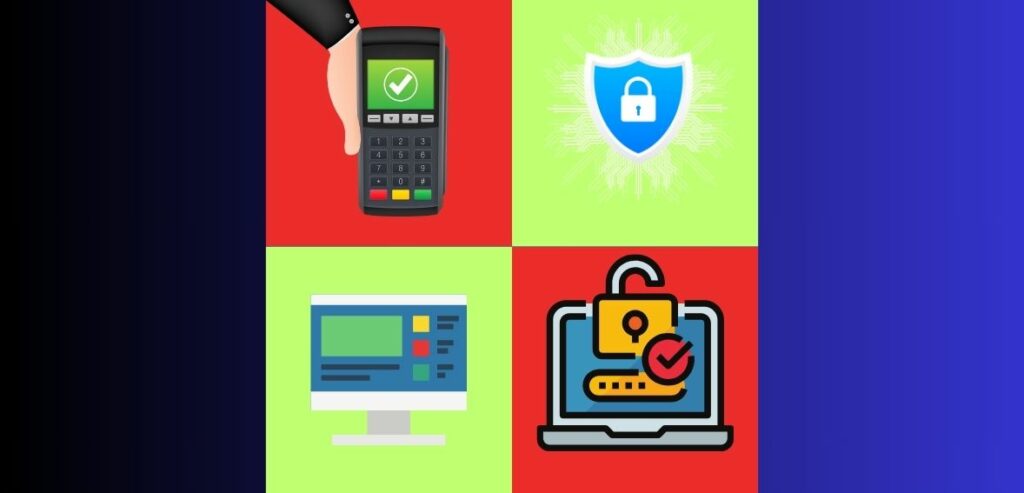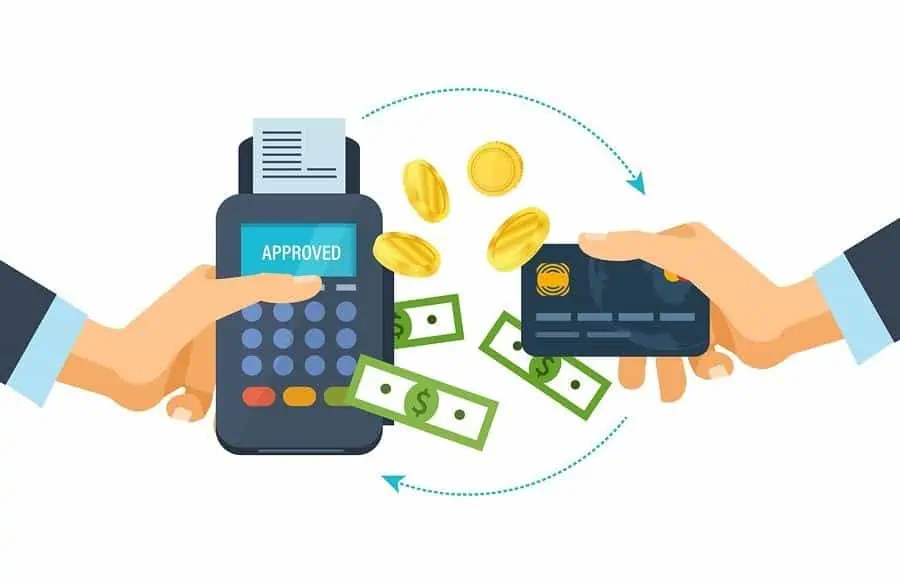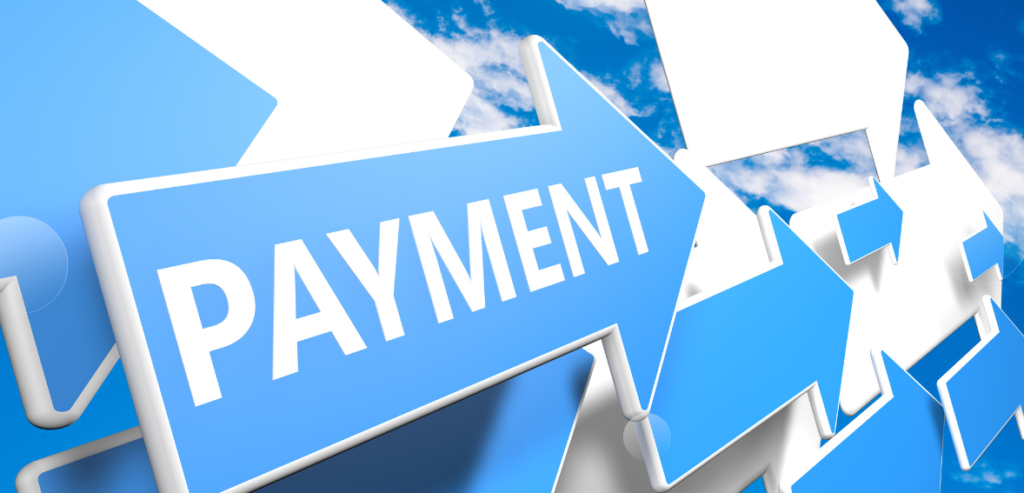You might have heard about payment gateways and processors before. These two terms sound the same but differ in many ways. However, they are both critical to the credit card processing effort. Both systems will need to accept card payments and ensure everyone’s online safety and security.
About the Payment Gateway

First, let’s look at the payment gateway. The gateway is the system that facilitates online card payments. It produces a connection between your business and the credit card processor.
The gateway is a secure link that encrypts all card data. The gateway provides a space where the customer can enter one’s card data for a purchase. The system will then encrypt the content as the processor sends it between your bank account, a card network, and the bank that issued the card.
The gateway will move the data to the proper payment switch, thus sending the request to the issuing bank. The transaction data moves to the proper card network. The issuing bank also monitors the authenticity of the deal, ensuring the risk of fraud is minimal. There’s also a check to confirm that the customer has the funds necessary for the purchase.
The customer’s card will be charged the proper amount after the encrypted data moves between the right parties. The funds will then move to your bank account, although the card processor will collect some fees and other charges.
The gateway communicates the information on the card transaction and approves or declines the deal. It doesn’t process the transaction, but it does help trigger it by collecting and sending the necessary data.
Gateways are often for online purchases, but they can work at some point-of-sale or POS stations. You can use a gateway to move your payment data to any accounting or CRM software programs your business runs. A gateway can also work on mobile devices you might use to collect payments.
Gateways are convenient for identifying and preventing fraud and integrating with your existing business POS software setup. You can even use a gateway on a virtual terminal. However, not all gateways will accept all credit cards, as some cards or payment options may not run on a gateway’s operating platform.
About the Payment Processor

The payment processor is the party you’ll contact to prepare the transaction. It takes the content collected by the payment gateway and identifies the funds that must move.
A payment processor works in front-end and back-end formats. A front-end processor will establish a link to a card network. A back-end processor will settle the transaction and move money between the issuing and merchant banks. The effort moves the funds to your bank account after completing the deal.
The processor will also collect a fee for the service. The charge will vary depending on the credit card network, your line of business, the type of card you use, and any other terms you agree to when signing up with the processor. You can check the contract or agreement with your provider for details.
Your processor can manage the entire process online through software. It may also provide the hardware you can use to handle some transactions. You can select which option you wish to use through your processor, although some parties may already be compatible with whatever hardware you have.
The payment processor is necessary, as it is the group that communicates with the card network and the banks involved in the transaction. The processor will ensure you can work with whatever card networks you wish to support. The group will still collect data from your gateway and ensure it stays encrypted and secure.
Do You Need Both of These?
You don’t require both a payment gateway and a processor, but you will require a processor to accept credit and debit cards.
However, a gateway is not required if you plan to accept card payments only at a physical point-of-sale terminal. The POS terminal will collect the proper data and use its dedicated encryption system to protect the customer.
A gateway is still recommended, as it ensures you can collect card data online or while handling mobile deals. You’ll also need a gateway if you have a virtual terminal on a computer and not a fully dedicated POS system.
What Should You Do With Your Gateway and Processor?

You have a full array of payment gateways and processors with which to work. The best idea is to use both at once, as it gives you extra power to collect funds. Your processor will forward payment data, and your gateway will keep the transactions safe and orderly.
If possible, the best idea is to hire a gateway and processor for the same company. Some processors may support third-party gateways. While these gateways might be convenient, it might be harder to communicate with these parties if you have a dispute or other concern.
Who Should You Pick?
When planning your credit card efforts, be sure to have a gateway and processor that can fit your needs. Remember your budget, as some services might have varying pricing and fee structures.
All processors utilize different charges for accessing card networks and handling data. These costs can vary depending on the cards you accept and your business format.
All gateways charge certain amounts for transactions, including funds related to payment types and other transactions. Depending on the system you utilize, you may also pay extra for setup fees.
The good news is that hiring both a gateway and a processor can be effective and affordable if you know what to find. More importantly, having both on hand ensures you’ll safely collect card transactions and that everyone will feel confident in buying things from you. Be certain you have a plan for supporting both of these setups when running your business.

